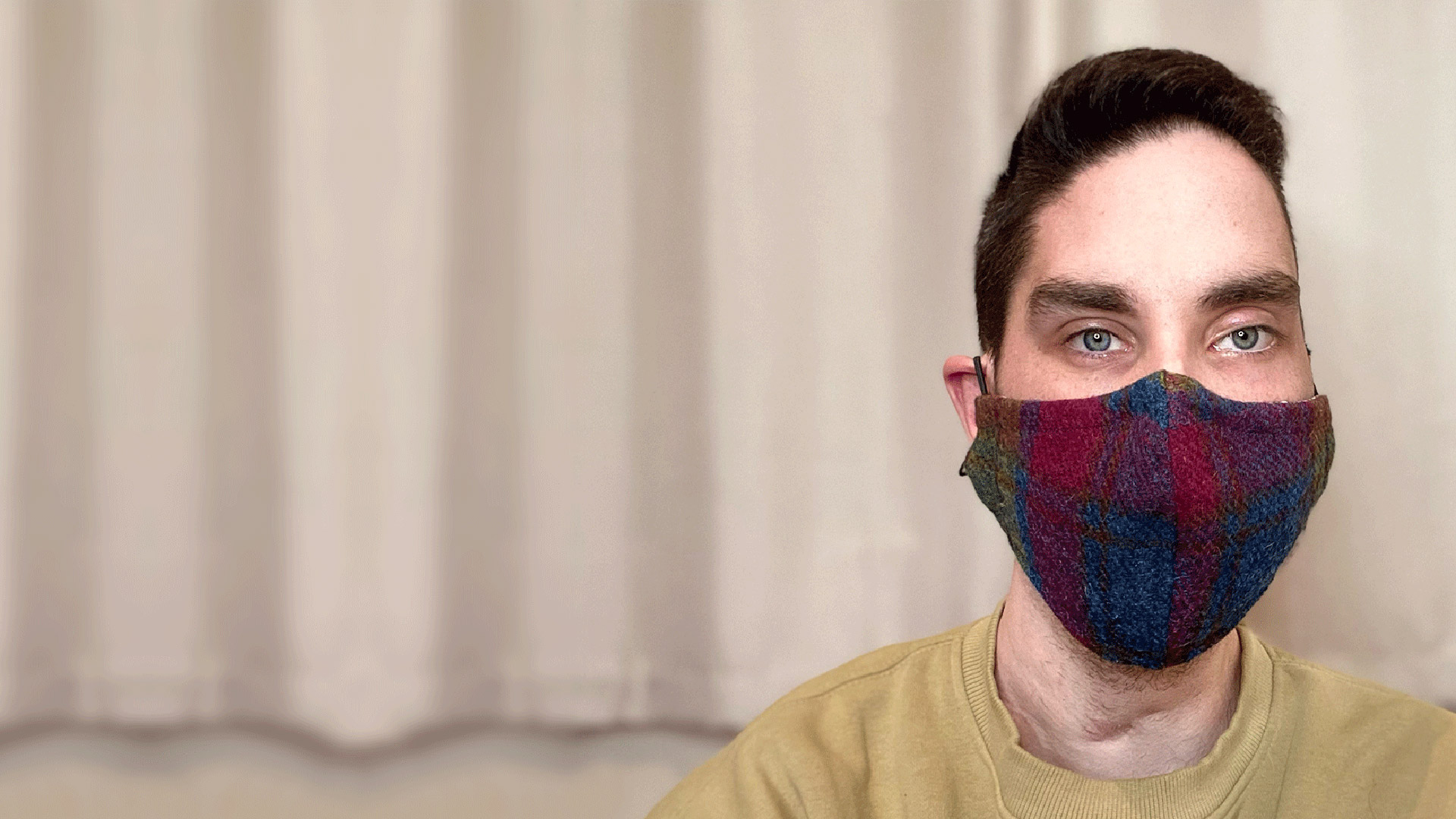COVID-19: Anxieties about going back to work if you have a visible difference
Advice to help if you are anxious about returning to face-to-face work with your colleagues and other aspects of going back into work.

If you have a visible difference, face coverings may bring mixed feelings for you. We share advice to help you adjust to the idea of wearing a covering.
It is no longer a legal requirement to wear a face covering in any part of the UK. However, in some places, such as healthcare settings, you may be asked to wear a covering .
We know that if you have a visible difference or disfigurement, being asked to wear a mask may be complex and bring mixed feelings or additional physical and/or emotional challenges. Conversely, you may have felt more safe and secure under the mask mandate and may be struggling with the relaxation of restrictions.
Some people with a visible difference may find wearing a face covering or mask challenging, however others may find it comforting – and some may feel conflicted, experiencing both these feelings at times.
The ability to wear a face covering or mask may feel equalising and mean you feel less fear or worry in “facing” the world. If staring, comments or questions are something you experience regularly in public, then this may be reduced by wearing a face covering.
If your visible difference was previously covered by your face covering, the easing of the mask mandate may have left you feeling anxious that others can once again see your mark, scar or condition. This can be a hard adjustment to make.
Masks have made a big difference but I worry about when the masks come off and if people are going to start commenting again. I don’t know if I’ll be prepared to deal with that because I’ve got used to people saying nothing. I’m hoping people remember that some people look different and remember to be kind.
For others, the need to “hide away” or feeling that this is being imposed upon you may have felt difficult, especially if you have worked hard on coming to terms with your appearance – and are rightly proud of yourself for this. Wearing a face covering or mask may feel like a loss of your self-identity.
For some, wearing a face covering or mask may have revived anxieties about people behaving as though you are contagious or something to shy away from – or take you back to previous times of shielding – feeding into old feelings and worries you have already dealt with or learned to cope with.
If you felt safer behind a face covering or mask, you may struggle with social anxiety now you’re no longer required to wear a mask. This may compromise your comfortableness around returning to “reality”.
You may have got used to wearing a mask or face covering in public or this may be a daily requirement of your work or study. This may cause anxieties about having to “reveal” your visible difference now face covering requirements have been lifted.
If your condition, mark or scar prevents you from covering your face in the advised way or at all, you may feel anxious that people will notice or comment on this in settings where a mask is advised even now the legal requirement has been dropped. You may feel worried that people will judge you or feel pressure to explain your reasons for not wearing a face covering or mask.
Here are some tips that you might want to think about as you consider the impact of wearing a mask or face covering:
Advice to help if you are anxious about returning to face-to-face work with your colleagues and other aspects of going back into work.
Explore what anxiety is, how it can be connected to your appearance and what you can do to control and manage feelings of worry.